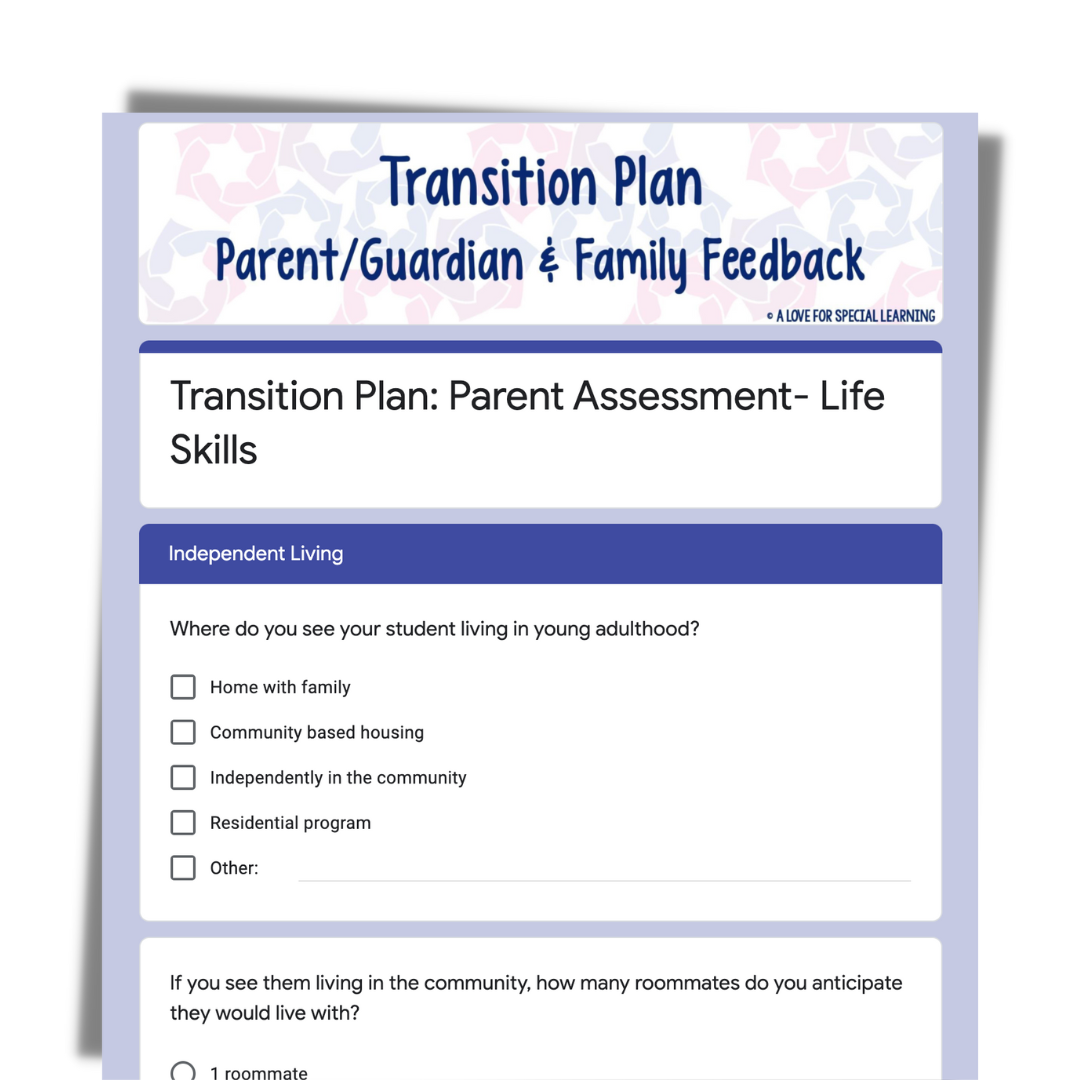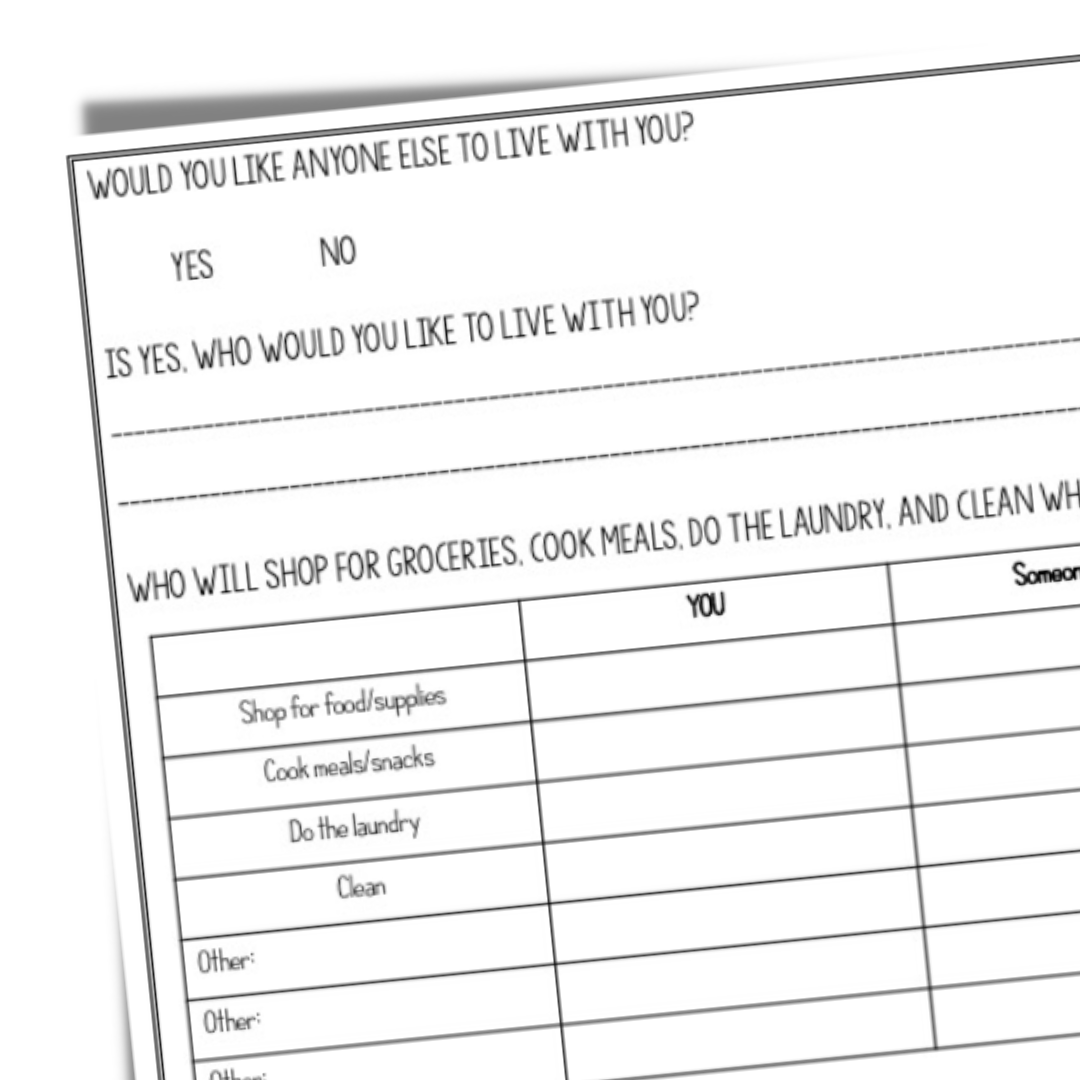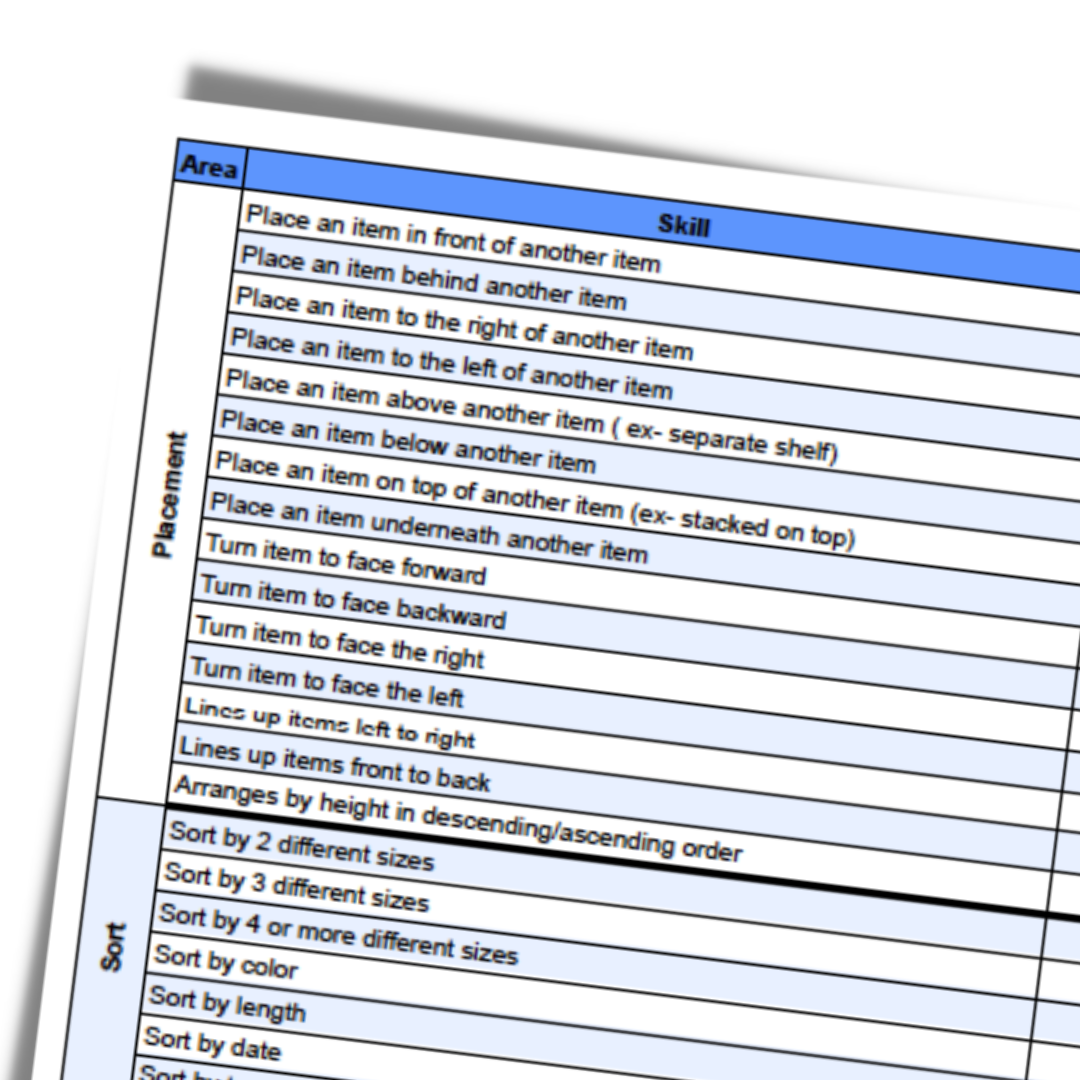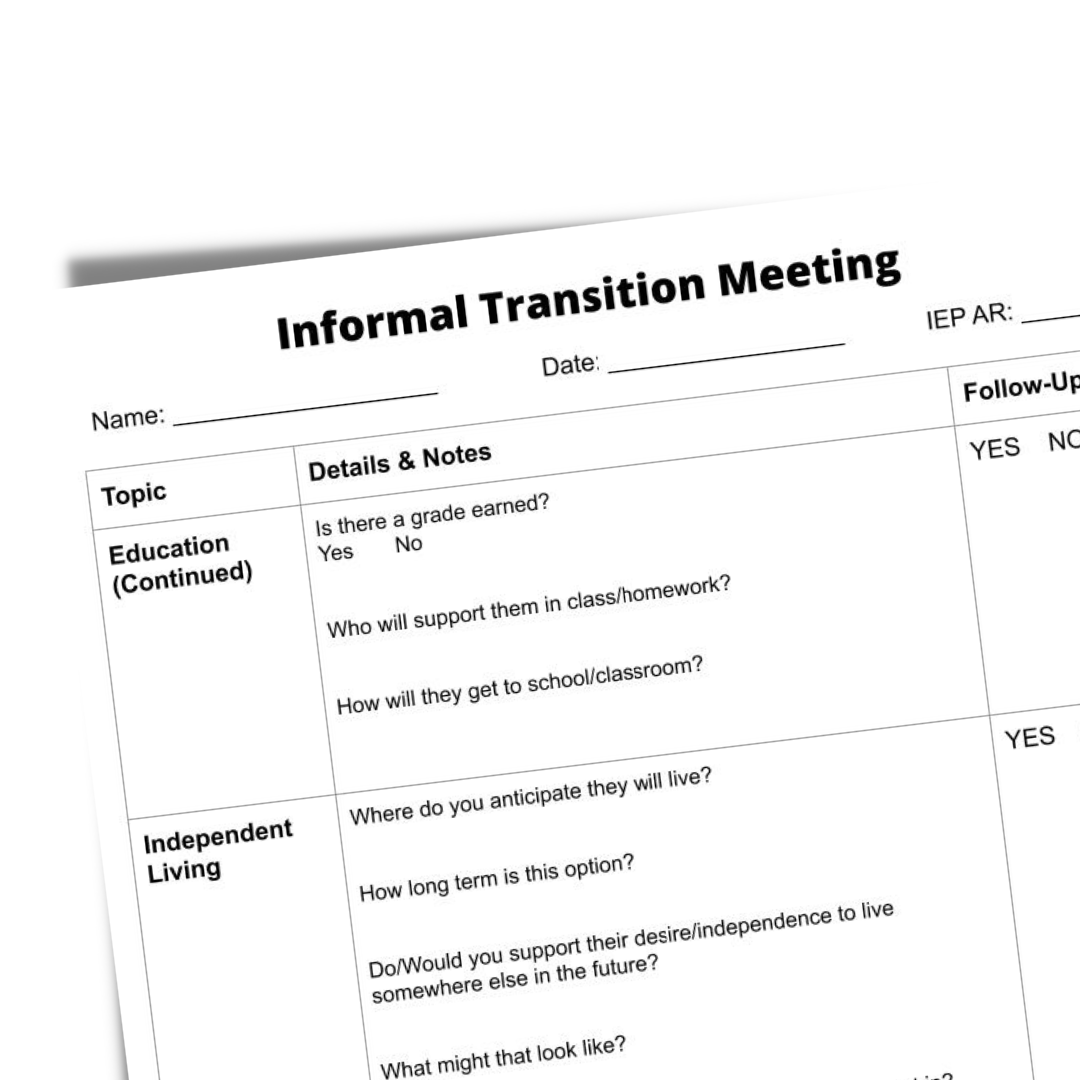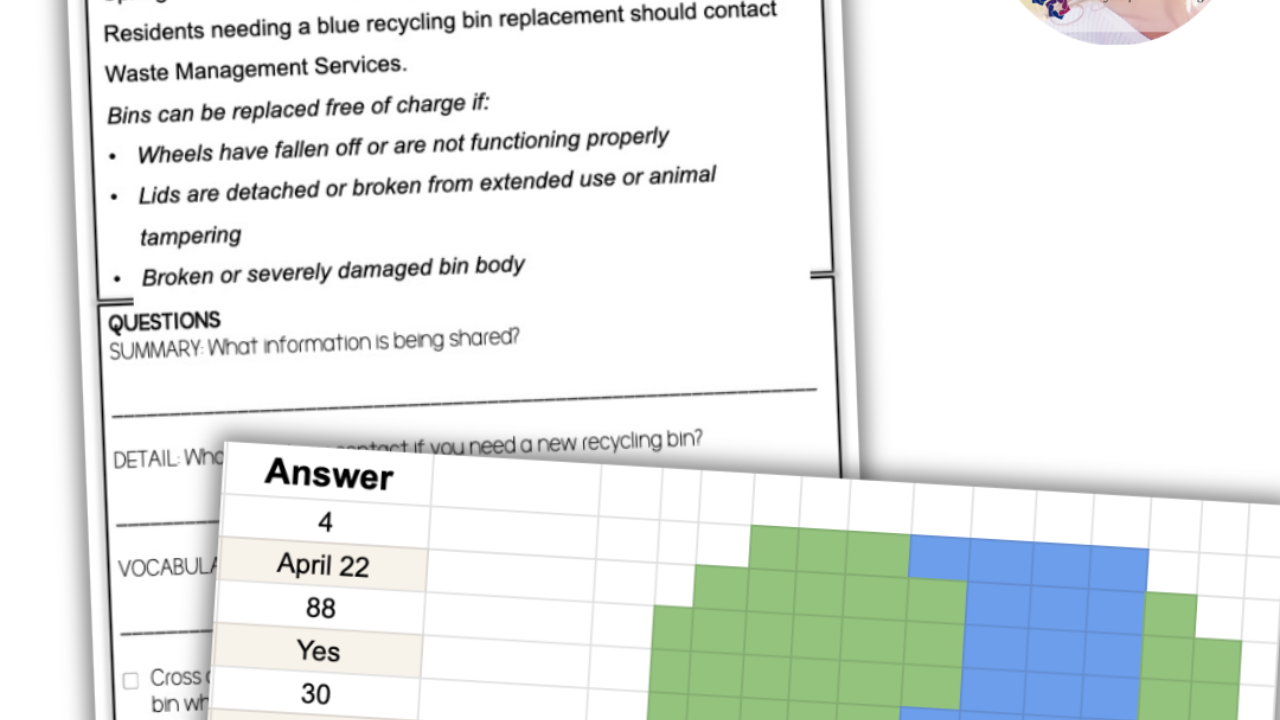Transition Assessments for High School and Transition Age Students
Nov 01, 2022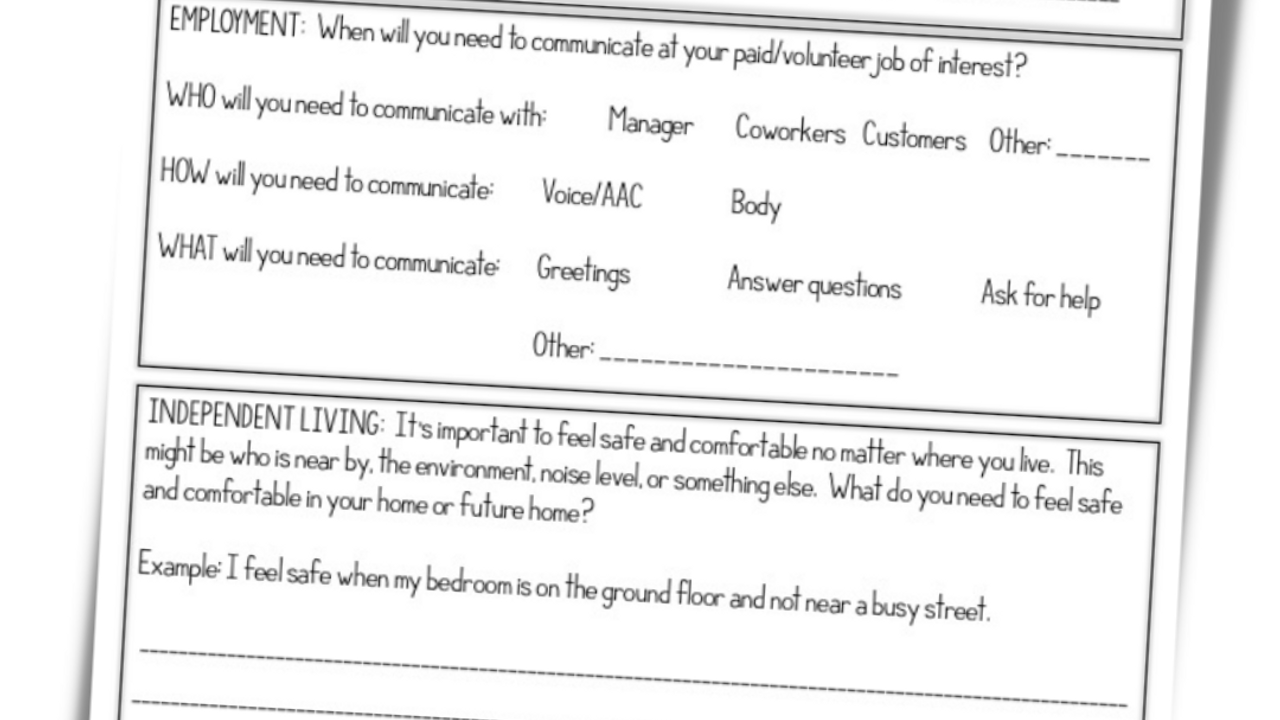
You are sitting down to write a student’s IEP and you get to the Transition Plan section. You plug in the same phrasing you use to every other student.
GASP!!!!
You would never do that!!! You are a better educator than to copy + paste (even if it would save you a few hours of time).
You are the type of educator who wants to write a quality transition plan and the first step is giving transition assessments that get to the core of the student, their wants and needs, their family’s dreams, and the team’s overall vision.
Understanding the ‘whole’ student means you have to gather data from at least 2 different perspectives:
- The student
- The family
AND, you need to make sure that what you collect is meaningful and relevant. In my experience, that is the hardest part of gathering data to write the transition plan.
If you know me then you know that when I can’t find what I need, I give it a lot of thought and then I create it myself. Below are my top transition assessments:
For parents to complete:
Life Skills Google Form (Free)
This form adjusts based on responses to certain questions. It covers independent living, education, training, and employment.
Since it’s electronic (and customizable), families can fill it out on their phone and send it right back to you super quick! You’ll get valuable feedback and transition-related information you probably didn’t even know you needed to gather.
Transition Assessment for Families with Students with High Support Needs
When I taught students with higher support needs (aka- moderate to severe disabilities or multi-needs), I often found most transition assessments, especially formal/standardized assessments, to be completely irrelevant. Oftentimes, families were marking entire sections as either NA or the highest level of support or need possible. Completing a transition assessment that highlights all of a student’s weaknesses is not what a parent needs to be spending their time doing.
For families with students with high support needs, their future and needs just look different. I created this assessment to get at what the family and student really needs to be happy, safe, and comfortable post special education.
This assessment includes 45 questions related to independent living, education, training, and employment and is available as both a PDF and Google Form.
For students to complete:
Conversation Guide Between Student & Teacher
If you really want the best feedback from a student on their dreams for their life after school, having a heart-to-heart is the best way. Now, knowing how to navigate that conversation while also covering everything you want can be tricky!
This conversation guide is the transition assessment that walks you through the conversation naturally, while still allowing for natural student-led tangents.
The assessment covers employment, training, and independent living. Therefore, it’s most appropriate to use with students who are not interested in continuing their education after high school.
This workbook was designed to address the 4 areas of the transition plan, independent living, employment, education, and training, and ask all those questions that you want to ask your student, as well as the ones you want them to consider but haven’t figured out how to bring it up in natural conversation!
With 36 pages, you can have an entire class complete 1 page per week or you can have an individual student complete 1 page each day for 2 months- whatever works for you!
Designed with the high school and transition age student in mind, these questions build from general to more specific over the course of the workbook and will give you quality feedback to develop transition plan outcomes or to serve as data or proof towards achieving transition goals.
For staff to complete about students:
Detailed Vocational Skills List
For students who are interested in either volunteering or paid employment, this lengthy list of vocational skills spans pre-vocational through vocational and soft skills.
Available as a PDF and Google Sheet, this is a great way to assess the vocational skills of a student so you can speak to their training and employment experience and potential.
Basic Skills Invenotry for Students with High Support Needs
This inventory spans a wide range of basic skills and is best for staff to complete for students with higher support needs (i.e. moderate to severe/profound disabilities or multi-needs).
The range of skills included in this resource is proof that it was created by a teacher (me) who worked directly with students with higher support needs.
The different levels of support the student needs, from refusal to tolerance to independence, is what makes this assessment great for staff to complete for students.
Informal Transition Meeting Conversation Guide
While this assessment is led by staff, it’s a conversation guide to have WITH parents and family members.
When I first started in transition I held annual ‘informal transition meetings’ with families and used this template to guide the conversation. The purpose of these meetings were to be open and honest with families about the student’s current abilities, their goals and dreams, and the federal, state, and local benefits the student would be eligible to receive.
This isn’t the type of assessment you send it home in a backpack or send via email, it’s the type you do in person or over the phone. It’s incredibly valuable and will probably be the assessment you find yourself using again and again and again.
I know the above options will give you what you need to gather meaningful (informal) and quality feedback to develop the best transition plan for your students.
If you have specific questions about any of the assessments I’ve created, please don’t hesitate to reach out- [email protected].
